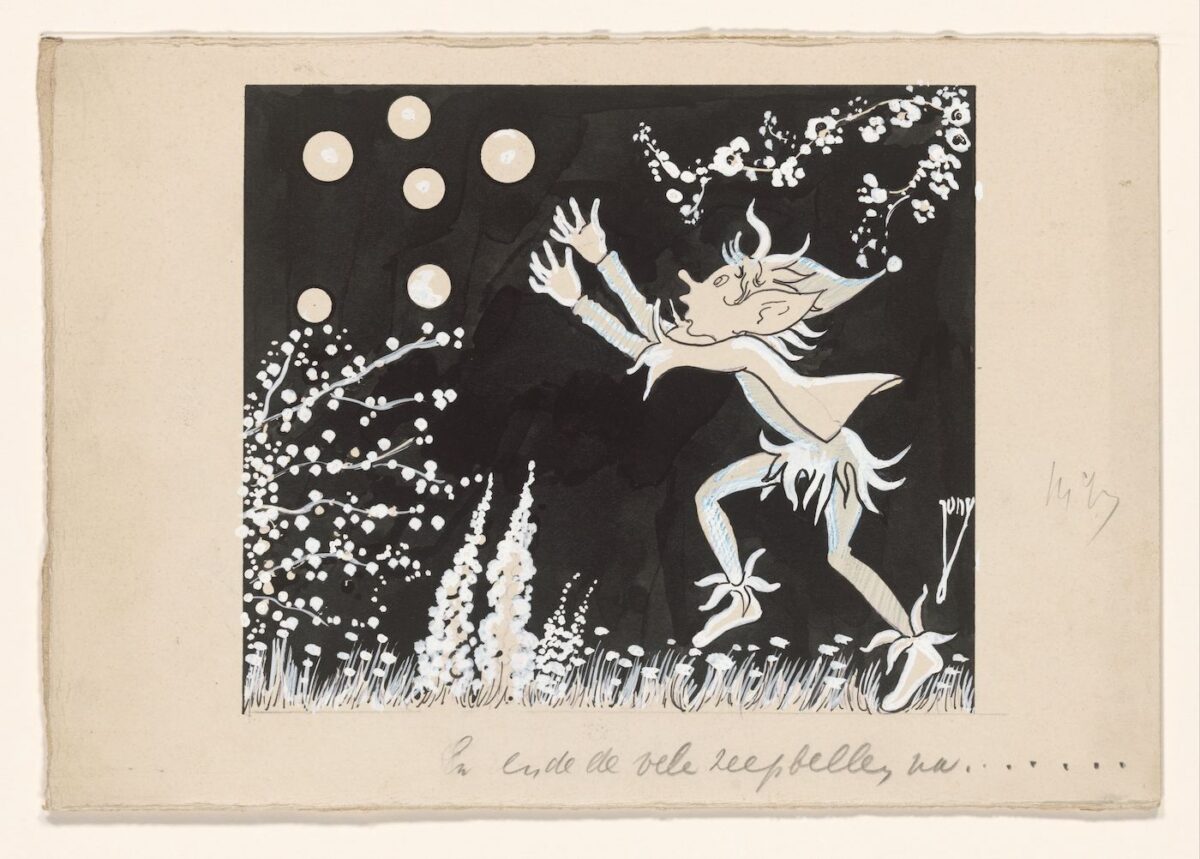With a newly minted library card in hand, I’m excitedly exploring the stacks of my local with a mind to dare. For the last year or so, I’ve been in a between-residences limbo which denied me the comfort of a local library to call my own. This has increased the general cowardice of my reading, in that I don’t want to spend money on books I don’t know I’ll like. Thus, my book purchases have all been the glowingly reviewed work of authors I’m already convinced are lit. Honestly, I’m getting bored of the book reviews I’ve been posting here because they’re all so relentlessly positive.
But no longer! I came home from my first trip to the library with a varied collection of short fantasy works to peruse, which I will describe for you here, and in a second post next week.
Ring Shout and The Haunting of Tram Car 015 by P. Djèlí Clark
I’m already cheating the requirements I set out above, because I did pick these due to a prior appreciation of Clark’s work. I heard many positive endorsements of Ring Shout when it came out, and I enjoyed the first Dead Djinn in Cairo novella. And both novellas met those standards.
Ring Shout tells the story of Maryse, a Black woman who hunts KKK demons in the 1920s American South. A Buffy-esque monster-slayer, Maryse deals with her tragic past and romantic troubles alongside the fiendishly literal monstrosities of American racism.
The Haunting of Tram Car 015 follows two paranormal investigators in the steampunk Cairo of Clark’s earlier Dead Djinn stories as they attempt to exorcise a mysterious spirit from the public transit system.
Ring Shout is the showier and more ambitious of the two novellas, pulling together magic, history, and a spiky metaphor to make a short adventure that strains a bit in its truncated length. There’s certainly enough material within the novella to populate multiple books or an entire TV season. Though many alluring elaborations lurk in the story’s corners, Clark ignores the siren call of excess world-building because he has something he genuinely wants to say about the nature of hate and its close sibling violence. I’m not sure I entirely agree with what he proposes at the end of the story, but I continue to think on it. This is a better outcome than the story concluding with total author-reader alignment, because that’s a sign that what I’m reading isn’t going anywhere interesting, it’s just sucking up to me. Thankfully, Clark has actual ideas which can’t just be slurped up like slop.
In comparison to Ring Shout, The Haunting of Tram Car 015 is Not That Deep. It’s a detective adventure story in one of Clark’s most fascinating alternate worlds. Honestly, as an enthusiastic dilettante historian of Southwest Asia, I would love for Clark to drop a world-building book about the Dead Djinn timeline, rather than keep piecing details together from the stories. However, as an advocate of art as a real thing worth doing, I must support Clark’s use of his worlds as backdrops for actual stories and not merely mental masturbation tools for nerds who love treating imaginary places as incontrovertible realities.
Anyway, Tram Car 015 is super-concise and super-enjoyable, using the very familiar detective story structure to have some fun with a spooky type of Central Asian spirit which was new to me. In the background, suffrage activists organize to pass a bill granting Egyptian women the vote. But this detail never fully connected with the main plot, at least in my reading, even though the spirit haunting the tram car preys specifically on women. The gory and fearsome legends surrounding the spirit also never quite paid off for me because the monster is ultimately defeated in a very clean fashion (though the resolution is clever and broadly satisfying). Tram Car 015 offers the pleasures of another episode of a favorite TV show – a good episode that isn’t the show’s finest – and that’s perfectly reasonable. I’d much rather live in a world overflowing with interesting projects from Clark, a wonderfully imaginative writer, than a world where I’m waiting eternally for him to produce one conclusive masterpiece. His popcorn stories are as tasty as his truffle risotto ones, if less filling.
Let the man cook!
Speak Easy by Catherynne M. Valente
In the introduction above, I complained about my overly positive reviews and hoped the library would allow me to explore a wider range of reactions. Well, the gods made good on my accursed wish. I picked up Speak Easy with curiosity, having enjoyed many of Valente’s short stories, but having also heard from folks who strongly dislike her writing. I never understood what irritated them so, until now.
Speak Easy is a fairy tale rewrite of the “Twelve Dancing Princesses” which is also a Roaring ‘20s pastiche which is also an exploration of the toxic dynamic of a real life famous literary couple which also includes heavy allusion to the fairy characters of A Midsummer Night’s Dream. Does this sound like too much? Even to me, a person who loved Riverdale?
It is. And it all strains beneath the ACME 1000-lb weight of Valente’s overdone ‘20s slang narration. The story is buried beneath an incomprehensible quantity of period-appropriate slang, the writerly equivalent of a living room with crazy print wallpaper and crazy print upholstery and crazy print lampshades and a big old crazy print rug, in that I felt vaguely nauseous the whole time and wanted to go home.
One might say this is an appropriate reaction to the debauched Jazz Age, to which I would say, “It also repeatedly made me want to stop reading the book, and the book is only 150 pages long.” I have read French postmodernist cultural critique that was easier to decrypt and more coherent than Speak Easy. So I now see the Valente-haters’ point. I’ll continue to read her short stories where I encounter them, but it may be a while before I pick up one of her longer works again.
So that’s a W and an L, but since I learned more about my own reading tastes, it’s really two Ws. Next week, I’ll report on the other two books I pulled on my first adventure as a licensed library user. Sadly, neither was disappointing.

